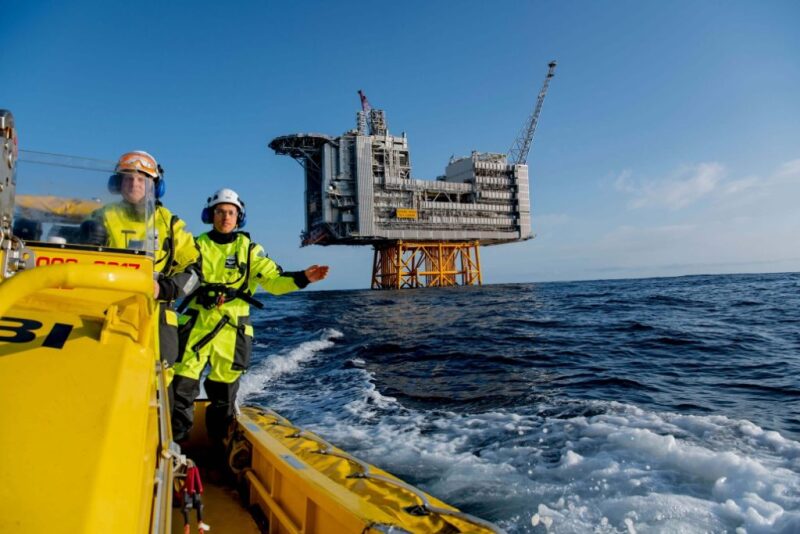Lundin Petroleum announced it aims to become carbon neutral by 2030, joining a growing cadre of European-based oil and gas companies making similar commitments. The Swedish oil and gas company will also change its name to Lundin Energy—disposing of “Petroleum”—later this year if shareholders approve the move.
The company says it will drastically reduce its carbon footprint to address the oil and gas industry’s dual challenge of mitigating climate change while still providing enough energy resources to meet global demand.
“We have a target of 2030 to reach carbon neutrality across our operations and we have set out a realistic and deliverable pathway toward this, which clearly differentiates us as an independent oil and gas producer in our industry,” Alex Schneiter, the president and chief executive of Lundin Petroleum, said in a statement.
Lundin’s road map to carbon neutrality includes several milestones that the operator hopes to achieve over the next decade:
- Offset all business and operationally related air travel emissions through natural carbon capture (effective from 2018)
- From 2020, limit average operated and non-operated portfolio carbon intensity to below 4kg of CO2 per BOE—the world average is 18 kg of CO2 per BOE, according to Lundin
- From 2023, lower that average to below 2kg of CO2 per BOE
- By 2022, fully electrify Edvard Grieg and Johan Sverdrup Phase 2 to achieve carbon intensity for these assets of less than 1kg CO2 per BOE
- From 2022, replace all net electricity usage from power from shore, assisted by renewable power generation
- By 2030, achieve carbon neutrality across all oil and gas operations
As the company augments its operations to meet these goals, its oil production goal will be 200,000 B/D. All the new proposals, including the name change, are expected to be approved at the company’s annual meeting in March.
Equinor, which is a partner in some of Lundin’s North Sea operations, has also rolled out a plan to eliminate emissions from its Norwegian offshore projects.
In December, the Spanish oil and gas company Repsol became the first oil and gas firm to commit to net-zero emissions by 2050.
Italy’s Eni said last year that it too is transforming its portfolio to become carbon neutral by 2030. BP, Shell, and Total all announced low-carbon goals in the past couple of years. BP is investing in new technologies and projects to reduce its emissions but has stopped short of aiming for carbon neutrality.
Shell plans to cut its carbon footprint by 20% in 2035 and then by half of current levels by 2050. Over the next 5 years, Total’s goal is to cut primary emissions and indirect emissions from energy use by roughly 13% of their 2015 levels.

